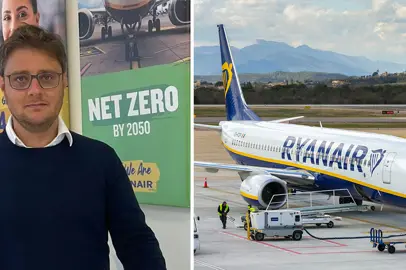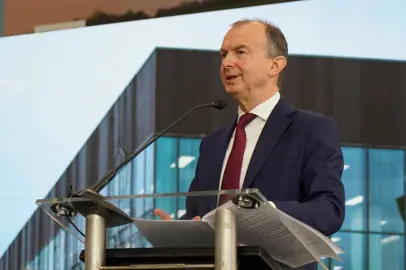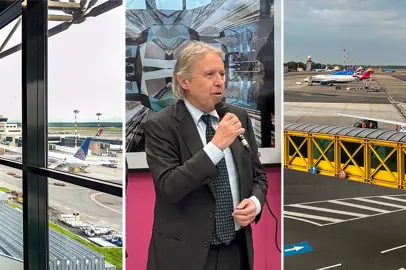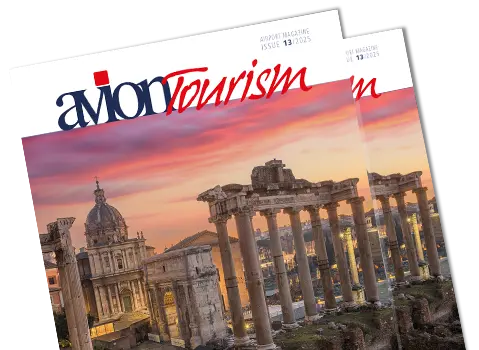Interview with Salvatore Gabriele Imperiale


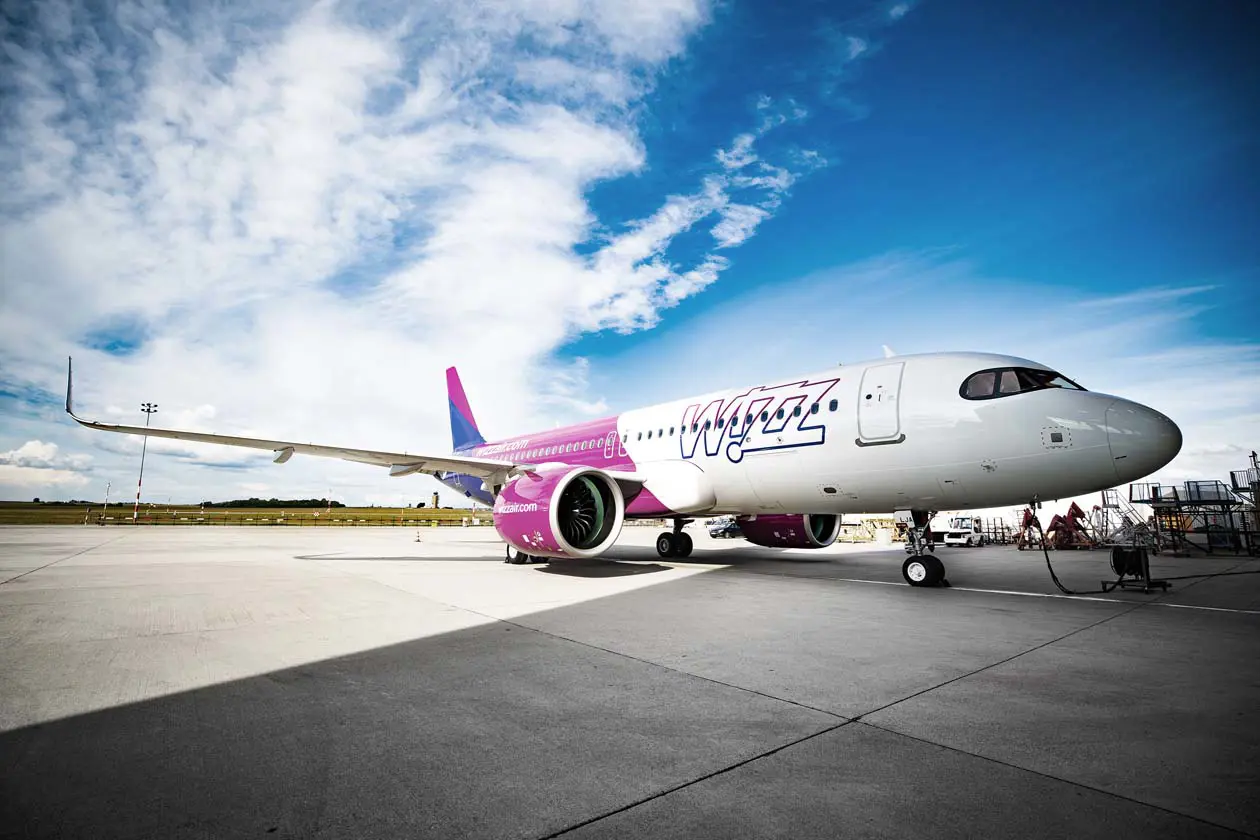
"In Italy, Wizz Air operates from 27 airports, connecting the country to over 30 markets through more than 200 routes. Our operational bases are strategically located in the North (Milan Malpensa and Venice), Centre (Rome Fiumicino), and South (Naples and Catania). Milan Malpensa was our first Italian base, inaugurated in July 2020.
This year we are growing in capacity by 20% in our network, and by 10% in Italy, meaning we can now offer more affordable seats to Italian passengers. This summer alone, we will provide a total of 13 million seats on our flights.
In recent months, we announced the direct flight between Fiumicino and Gran Canaria and between Fiumicino and Birmingham. Very important are the new routes from Rome to Zaragoza, Bilbao and from Venice to Barcelona and Madrid. From Fiumicino and Malpensa, passengers can fly directly to London (Gatwick) and Paris (Orly). From Rome, we also offer direct flights to Lisbon and Marrakech, which is also reachable from Milan.
Other destinations include Sharm el-Sheikh, Hurghada, Yerevan, Baku, and Jeddah, while from Malpensa, we offer flights to Abu Dhabi. For those who love Eastern Europe, on May 1st, we operated our first flight from Genoa to Warsaw, and in previous months, we introduced new routes such as Venice-Budapest, Bari-Chișinău, Naples Erevan, Naples Tel Aviv, Naples Brasov, Naples Timisoara and Bergamo-Chișinău. Regarding our future plan: we are constantly evaluating network expansion opportunities, and several new destinations are set to be announced later this year to further strengthen our presence in the Italian market".
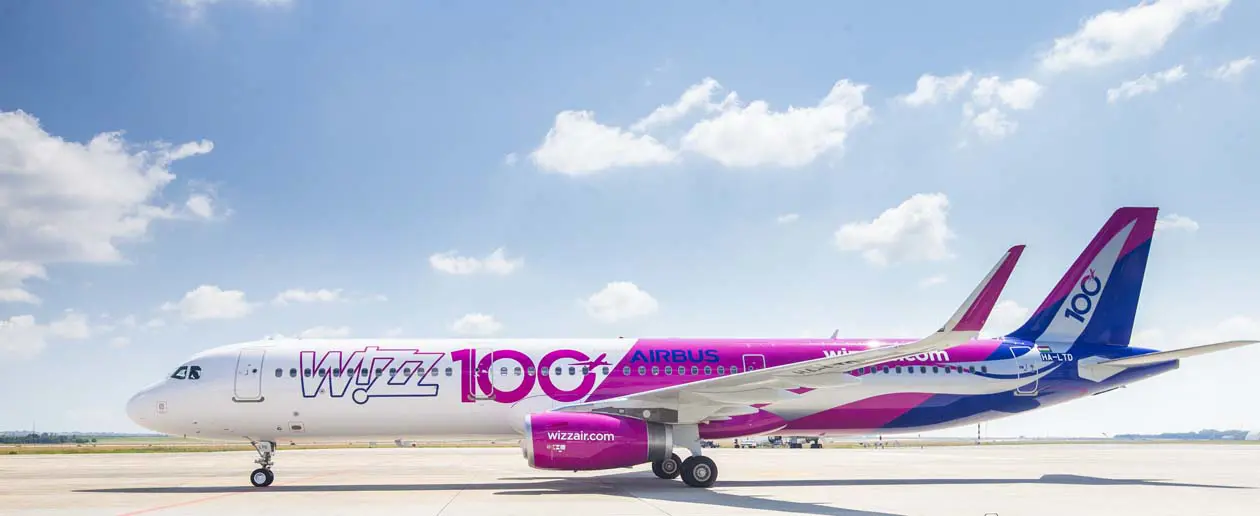
"Wizz Air operates a fleet of 230 Airbus A320 and A321 aircraft, including the state-of-the -art A321neo the most efficient and environmentally sustainable aircraft in its class, designed to reduce fuel consumption and emissions. Our fleet is one of the youngest in the world. The average age of our aircraft is just over 4 years, and our commitment to fleet renewal is key to reducing emissions and keeping operational costs low.
Onboard, we offer a streamlined and comfortable experience, in line with our ultra-low-cost model. Passengers can enjoy a wide and personalized selection of snacks and beverages from our WIZZ Café, shop from our WIZZ Boutique, and take advantage of various digital services via the Wizz Air app and website, including flexible booking options and seat selection. Ancillary services such as WIZZ Priority, extra legroom seats, and checked baggage options allow travellers to personalize their journey according to their needs and budget".
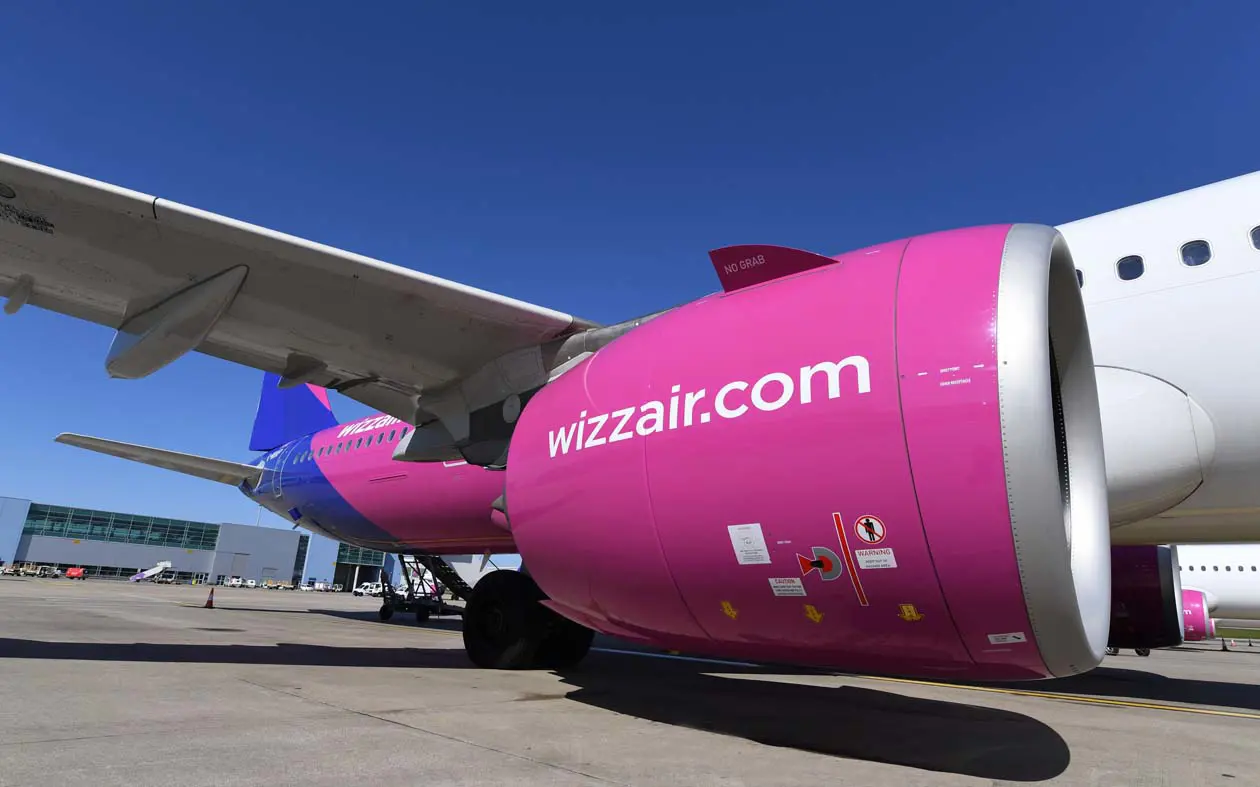
"Environmental sustainability is a fundamental pillar of Wizz Air’s corporate strategy, reflected in a comprehensive approach that includes fleet modernization, operational efficiency, and a responsible supply chain. The airline achieves its industry-leading low carbon footprint through multiple initiatives (compared to other airlines in 12-month period) - most notably by operating one of the youngest and most efficient fleets in the world, optimizing flight operations, and collaborating across the value chain to implement sustainable practices. And as you mentioned in your question, we also received CAPA award as EMEA’s most environmentally sustainable airline in 2024.
A key part of Wizz Air’s decarbonization journey is the recently announced Net Zero Roadmap, which sets out an aspiration to achieving net-zero carbon emissions by 2050. This strategy focuses on three main pillars: fleet (renewal, operational efficiency, innovations), fuel (particularly Sustainable Aviation Fuel) and footprint (working together with partners on air traffic management).
To support this vision, Wizz Air continues to invest in ultra-modern aircraft with the latest fuel-efficient technologies. In FY (financial year) 2024, the airline achieved the lowest CO₂ emissions intensity per passenger-kilometre globally - just 52 grams. Operationally, Wizz Air reduces emissions through measures such as single-engine taxiing and optimized flight routing, with pilots trained in fuel-saving techniques.
Sustainable Aviation Fuel plays a critical role in the Net Zero strategy. Wizz Air has partnered with SAF innovators like Firefly and CleanJoule to secure long-term access to SAF in line with the EU’s RefuelEU Aviation mandate. These partnerships are essential for scaling the use of SAF and significantly reducing lifecycle emissions from flight operations. We will continue working on this path, but we already acknowledge that an airline cannot do this alone - and we always looking for partnerships and improving our supply chain.
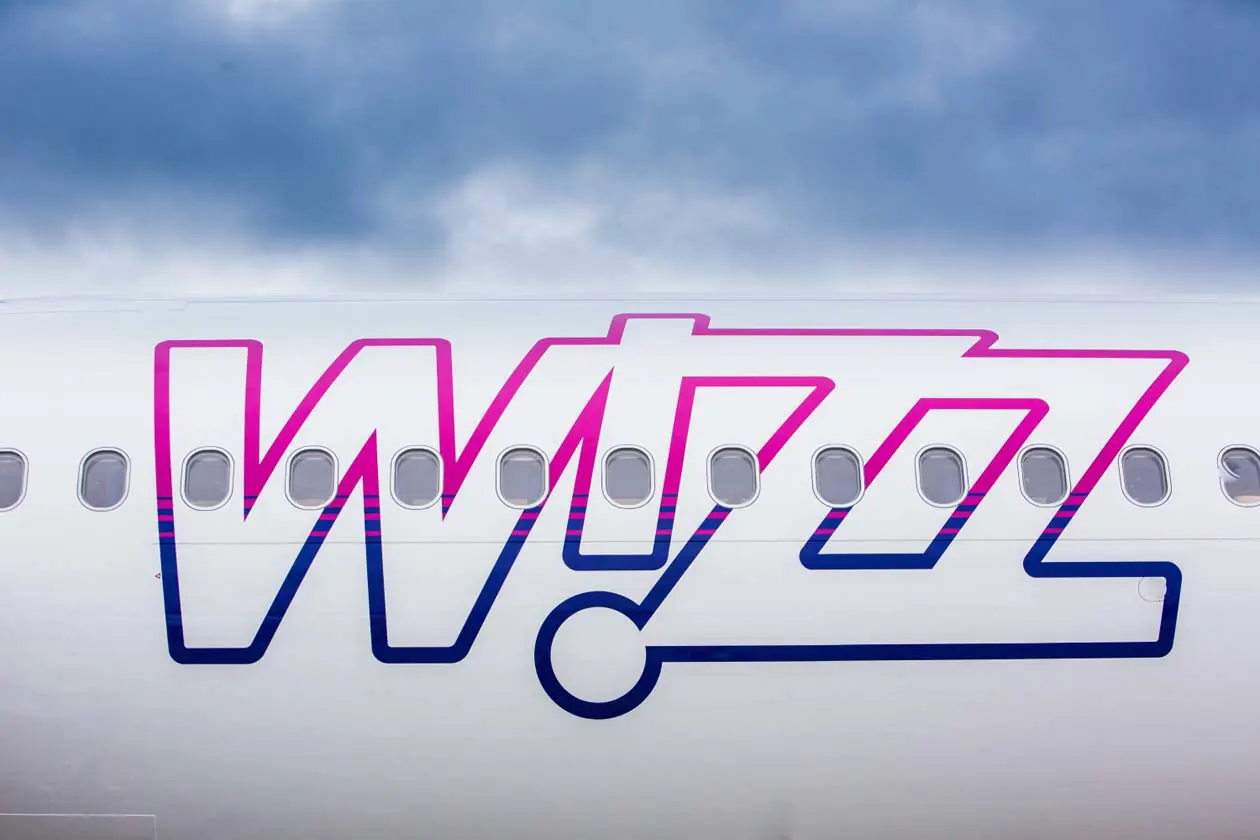
"Innovation is at the heart of Wizz Air’s strategy. We continuously integrate advanced technologies to enhance both operational efficiency and customer experience. We are using AI to better plan our operations, to minimize delays, to support maintenance and our dynamic pricing algorithm uses AI powered solutions also".
"Thanks to our close to 300 aircraft orderbook with Airbus and the continuous the delivery of new aircraft we are back to growth this year and have continued to strengthened our commitments to our customers by launching the Customer First Compass initiative. Like the entire aviation industry, Wizz Air faces some challenges in the coming years. These include geopolitical instability and global supply chain issues. Despite these challenges, I believe the future of the ultra low-cost airline sector, and especially Wizz Air’s future is bright. Demand for affordable travel continues to grow, especially among younger generations and in emerging markets. At Wizz Air, we are focused on staying ahead of these trends while continuing to offer the lowest fares in the market and remaining true to our ULCC business model and principles. For that reason, we launched the Customer First Compass initiative, a €14 billion investment over the next three years to enhance every touchpoint of the passenger journey, to remain connected to our customers’ needs and ensure the best fares and the best travel experience to them".
